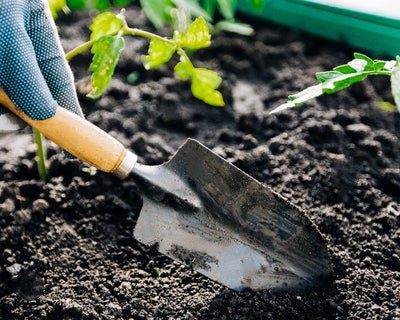Gardens abound at our university college housing near the Athens campus of Ohio University.
Most vegetables grow best when they get at least six hours of sun a day, so be sure to plant your garden in a sunlight-rich location. If that sunny spot is close to a convenient water source for irrigation, that’s even better. Sowing your seeds or planting your transplants near a water source will make it easier to keep your soil at the optimal moisture level .There’s no way to overemphasize the importance of good soil. Your garden will grow best in nutrient-rich, well-drained, weeded, and loosened soil. Before you plant each spring, take the time to enrich your soil with quality compost. Or other organic matter if you want to boost your soil’s fertility and your garden’s production. Mulch also adds valuable nutrients to the soil.
University College Housing
When the seeds or fruits are the edible part of a plant, additional space in the garden is not necessary when saving seeds. Provided they can be properly isolated, these crops are often ideal for saving seeds in smaller gardens. For example, seed savers can simply harvest a few properly isolated fruits from a planting of peppers. And also have seeds for many seasons to come at your university college housing. Although cross-pollinating crops, such as winter squash and melons, may require hand-pollination in order to produce true-to-type seeds and can take up plenty of space in the garden.
Whether you decide to take on more complex seed crops over time. Or to simply collect seeds from easy-to-manage crop varieties is a matter of choice. And whether you collect seeds from many varieties of vegetables or only a select few. There is a growing satisfaction. Or otherwise preparing your soil for seeds or transplants. Multipurpose tools like cultivators can help you keep your garden weed-free.



